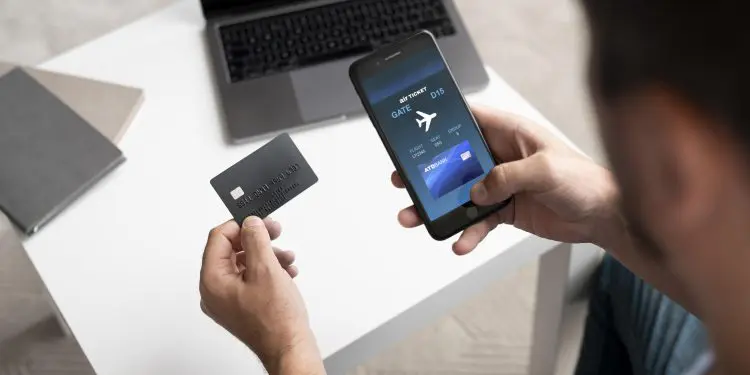Through a new partnership, Mastercard and Booking.com are simplifying business-to-business payments in the travel industry, leveraging Mastercard’s virtual cards for more transparent and secure transactions.
The goal is to end the time-consuming manual processes in B2B payments. Virtual cards offer enhanced security, with a 30x lower fraud risk compared to traditional payment cards.
More Businesses Are Adopting Virtual Cards
A virtual credit card is a digital payment method that is specifically designed for businesses—it’s a digital version of a traditional physical corporate credit card.
Virtual cards are increasingly popular among businesses for many reasons. For one, they’re efficient. Many virtual cards are integrated into a company’s accounting system, which means that all expenditures made using the card are automatically updated with the payment settlement, giving a company a real-time view of its cash flow data.
They’re also more secure. Unlike physical corporate cards, virtual corporate cards can’t be stolen. They don’t store personal information, reducing susceptibility to fraud. In the event of authorized access, the company is protected by predetermined spending limits, similar to prepaid corporate cards, preventing overcharges.
As more B2B payments become digital, businesses are looking to make payment methods faster and secure. That is not to say that physical traditional credit cards will be a thing of the past. In fact, according to Javelin Strategy & Research’s Senior Analyst of Credit and Commercial, Ben Danner, travel and expense corporate cards are poised to see a general growth. He noted that in his report, International Commercial Credit Cards: Market Review and Forecast, 2022-2027.
There’s a lot of opportunity and growth within this space, and we expect adoption of corporate virtual cards will continue to grow and transform the B2B payments landscape.

